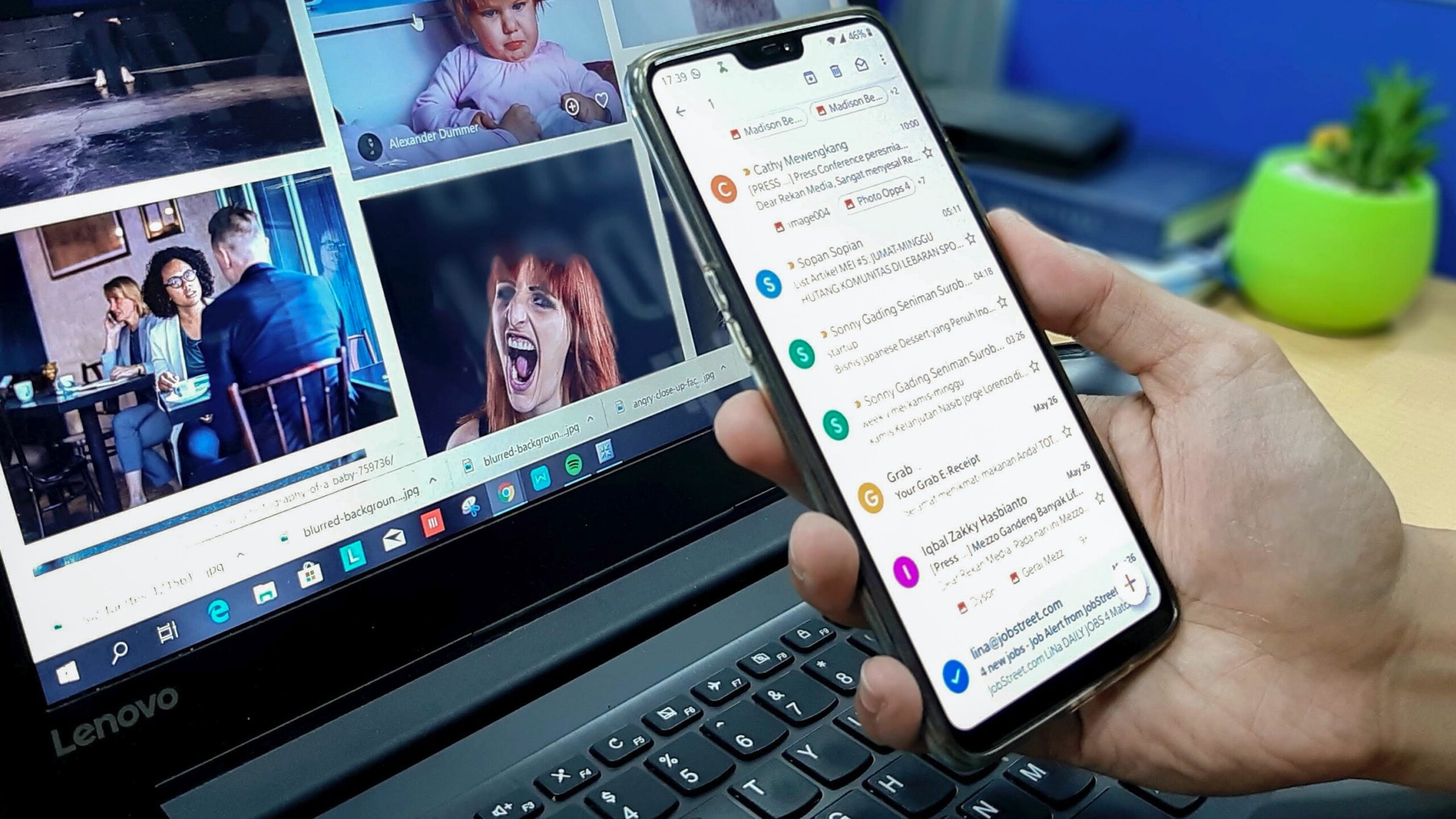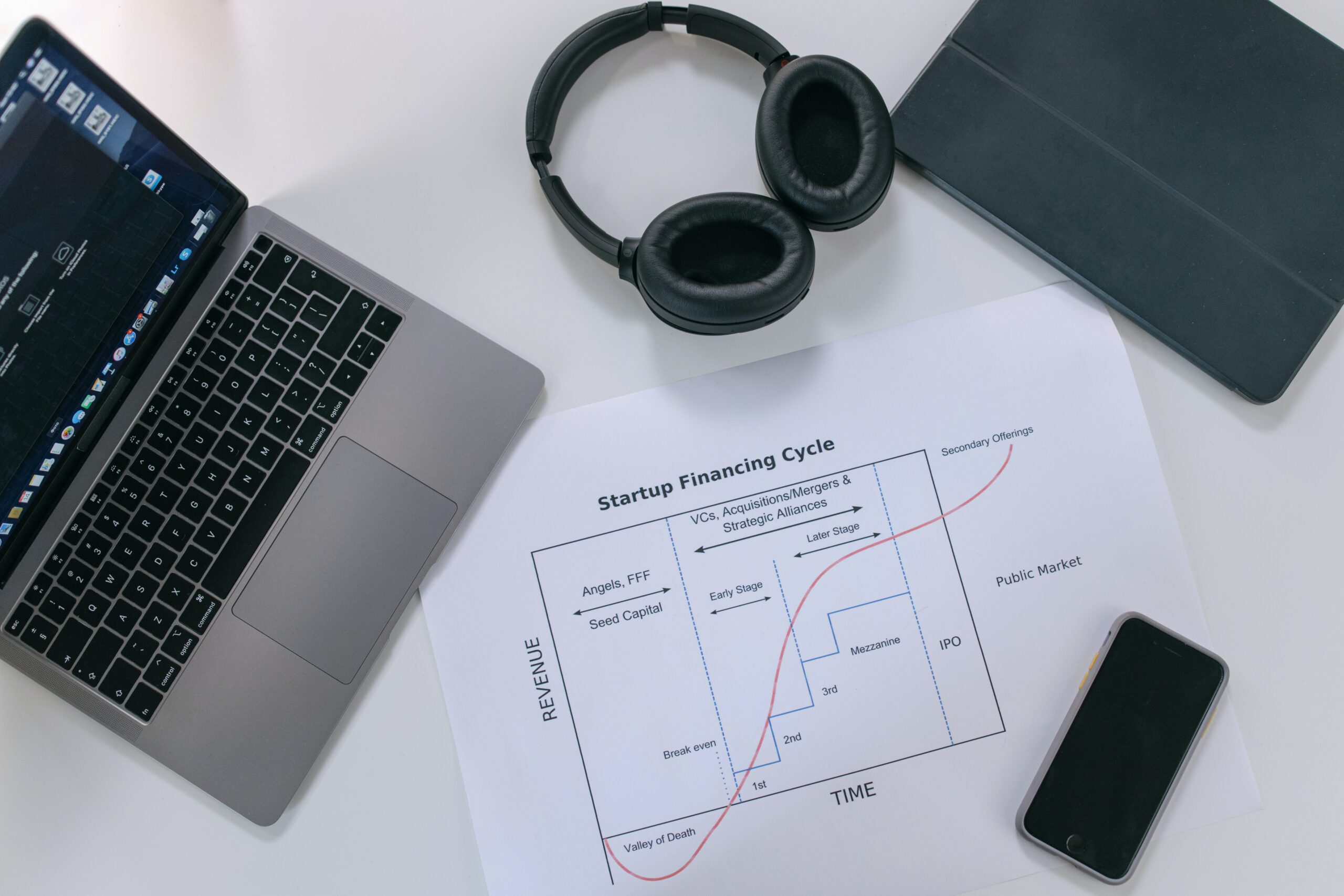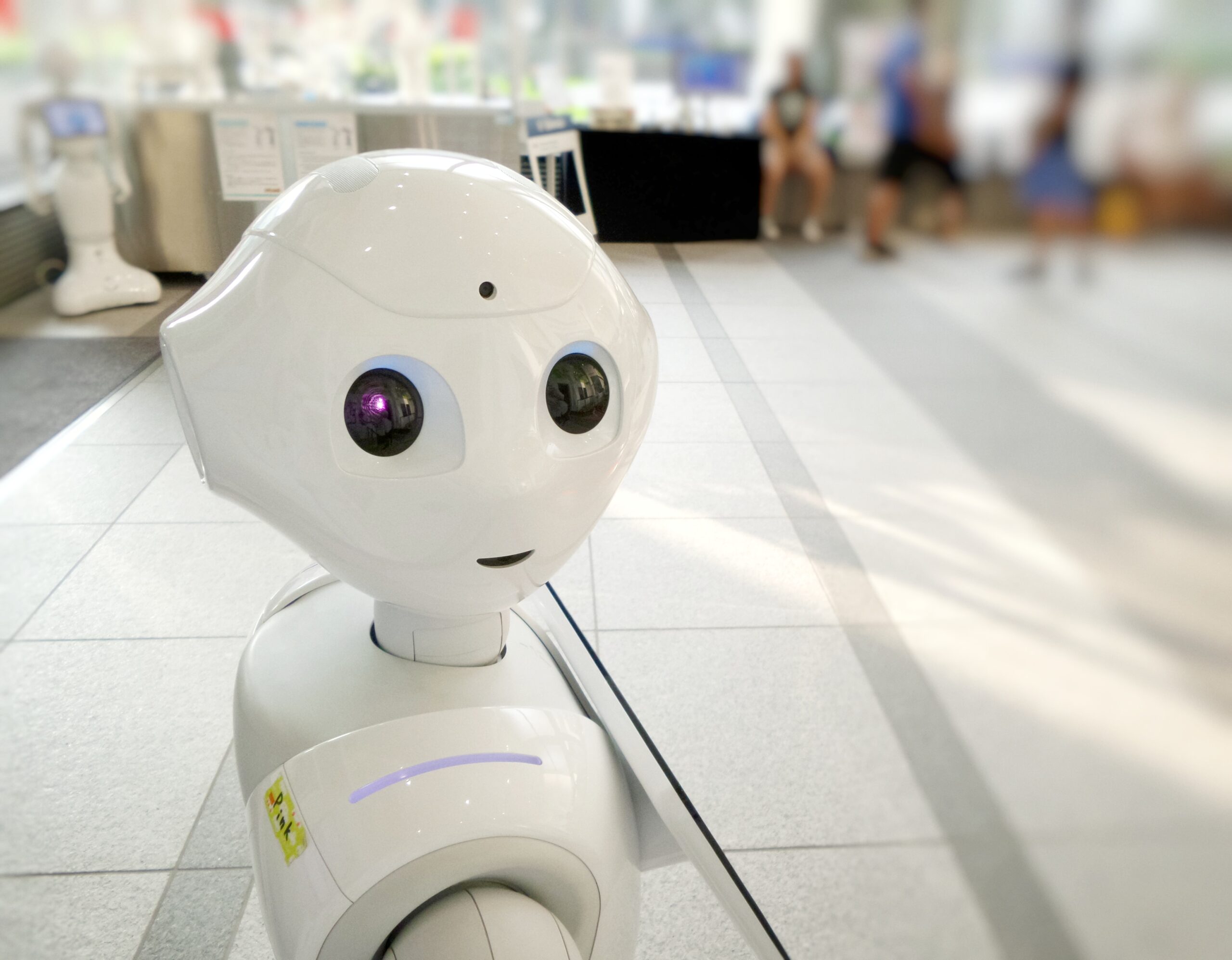In the digital age, the convergence of mobile technology and marketing strategies has led to the rise of mobile-first marketing Automation: A targeted approach that prioritizes mobile channels and experiences in marketing efforts. As smartphones become the primary means of communication and internet for millions of consumers, companies are increasingly turning to mobile platforms to connect with their target audiences. Get to know Artificial Intelligence (AI), a transformative force that enhances these mobile-first strategies by enabling more advanced, efficient, and personalized marketing automation. This article explores seven key ways AI is revolutionizing mobile marketing and transforming the way businesses interact with consumers on mobile devices.
Personalisation at scale
One of the key benefits of integrating AI into mobile-first marketing automation is the ability to personalize communications on an unprecedented scale. Traditional marketing strategies often rely on broad segmentation and generic messages, which miss the mark in addressing individual preferences and needs. AI steps in to analyze massive amounts of data from user interactions, social media activity, purchase history and more, to create personalized messages that resonate deeply with each user.
For example, AI algorithms can track a user's browsing patterns and past purchases to recommend products that uniquely suit their tastes, directly through mobile notifications or tailored emails. By dynamically adjusting message content, timing, and format based on ongoing user behavior, AI-powered personalization makes every interaction feel relevant and timely. This not only increases user engagement, but also significantly increases conversion rates, making personalization at scale a cornerstone of effective mobile-first marketing automation.
Predictive analytics
Predictive analytics is a facet of AI that primarily increases mobile-first marketing automation by predicting future user behavior and preferences. Using historical data and machine learning models, AI can predict which users are most likely to engage with certain types of content, make a purchase, or even churn. This predictive power allows marketers to proactively adjust their mobile campaigns to maximize effectiveness and minimize waste.
For example, an AI system can analyze users' purchase history and app usage patterns to identify who might be interested in a new product launch. It can then automate targeted messages or special offers via mobile apps or SMS before the user actively searches for similar products. The same way you can predictive analytics help identify the optimal time to reach users, increasing the likelihood of engagement on mobile devices. By anticipating user actions, companies can create a more seamless and anticipatory user experience, driving loyalty and revenue.
Chatbots and conversational interfaces
AI-powered chatbots and conversational interfaces represent another critical application in mobile-first marketing automation. These tools simulate human conversations and can perform a range of tasks from customer service queries to facilitating purchases, all within a mobile interface. Chatbots are available 24 hours a day and provide instant answers to user questions, which is crucial for maintaining engagement in the fast-paced mobile environment.
For example, a user can interact with a chatbot embedded in a mobile app to inquire about product details, check order status, or resolve issues without ever leaving the app or waiting for a human operator. The AI behind these chatbots can learn from every interaction, gradually improving responses and becoming more adept at handling complex queries. This not only improves the user experience by providing fast and accurate information, but also frees up staff to perform more strategic tasks. Additionally, AI can personalize the conversational experience based on the user's previous interactions, making the chatbot smarter and more efficient over time, amplifying AI's role in transforming mobile-first marketing automation through improved customer interactions.
Improved user segmentation
AI technology is dramatically refining the process of... user segmentation in mobile-first marketing automation. Traditional segmentation methods often categorize users based on static criteria such as age, location, or purchase history. However, AI introduces a dynamic element to segmentation, using continuous data analysis to continually refine and adapt user groups based on their evolving behavior and preferences.
This advanced segmentation enables more targeted and relevant marketing strategies. For example, AI can identify micro-segments of users in real time who exhibit similar behavior, such as those who tend to shop late at night or users who are influenced by certain types of social media advertising. Marketing messages can then be tailored not only to a segment's characteristics, but also to their current context and recent activities. This level of granularity improves the effectiveness of mobile marketing campaigns and makes them more relevant and attractive to each recipient, increasing the likelihood of conversion.
Real-time decision making
Real-time decision making is perhaps one of the most dynamic features AI enables in mobile-first marketing automation. AI systems are able to analyze large streams of incoming data from mobile interactions and make immediate decisions based on this information. This capability is crucial in a mobile context where user attention is fleeting and the effectiveness of marketing messages often depends on timing.
For example, an AI system can detect that a particular user is currently browsing a set of products in a mobile app. It can immediately decide to offer a temporary discount or a special bundle offer, specifically tailored to the products the user is viewing. This quick response can mean the difference between a completed sale and a missed opportunity. In the same way, AI can create ad placements real time adjust based on user engagement metrics, pulling underperforming ads and boosting those that are doing well, ensuring optimal resource allocation and maximizing impact. This flexible response to user behavior and market conditions makes AI a valuable asset in mobile-first marketing automation, allowing companies to act quickly and effectively as situations evolve.
Automation of content creation
AI's role in automating content creation is another transformative aspect of mobile marketing. With the exponential growth of the content needed to engage users on mobile platforms, manually creating customized content for different segments and contexts can be a daunting task. AI simplifies this process by automatically generating personalized content, which can significantly improve marketing efforts and scalability.
For example, AI can analyze user data to understand preferences and consumption patterns, and then use this insight to create customized content such as push notifications, emails or even in-app messages. AI-powered content creation tools can generate compelling and relevant headlines, body copy, and calls to action specifically tailored to individual users or segments, all in real time. This not only saves a huge amount of time and resources, but also ensures that the content is optimized for engagement, based on AI learning from continuous feedback and interaction data.
Additionally, AI can help A/B test different versions of content to determine which performs best among certain demographics or user groups, further refining the content strategy over time. This continuous optimization loop ensures that mobile marketing strategies remain effective and responsive to audiences' changing interests and behaviors, making AI an essential tool in the arsenal of mobile-first marketing automation.
Optimizing the user experience
AI plays a crucial role in optimizing the user experience for mobile-first marketing, ensuring that every user interaction is as engaging and relevant as possible. By continuously monitoring how users interact with mobile apps and websites, AI can collect data about user preferences and behavior. This data is then analyzed to identify patterns and trends that can lead to adjustments to app interfaces and content delivery. For example, AI could notice that users often abandon a mobile shopping cart during a specific step in the checkout process. Using this insight, AI can suggest or automatically make design adjustments to simplify that step, potentially reducing cart abandonment rates.
Furthermore, AI contributes significantly to testing and refining mobile user experiences. Through techniques such as A/B testing AI can manage multiple versions of the same app page simultaneously for different user segments, collecting data on which version delivers better engagement or higher conversion rates. This method allows marketers to scientifically determine the most effective elements of their user interface and content strategy. AI also enables real-time adjustments to content, such as changing the layout during high traffic periods or when a particular audience is most active, optimizing the overall user experience for better engagement and retention.
These AI capabilities not only increase the immediate appeal of mobile applications, but also ensure that they evolve based on solid data-driven insights, making them more intuitive and user-friendly over time. This relentless cycle of improvement is key to maintaining user interest and loyalty, which are essential for sustainable success in mobile-first marketing.
Conclusion
AI transforms mobile-first marketing automation by improving personalization, enabling predictive analytics, deploying conversational interfaces, refining user segmentation, facilitating real-time decision making, automating content creation, and optimizing user experiences. These capabilities enable marketers to engage with users more effectively, creating interactions that are not only more relevant and timely, but also continuously improved through AI-powered insights. As mobile devices remain central to consumer interactions, integrating AI into marketing strategies is not only beneficial; it is also essential to remain competitive in a dynamically evolving digital landscape.












